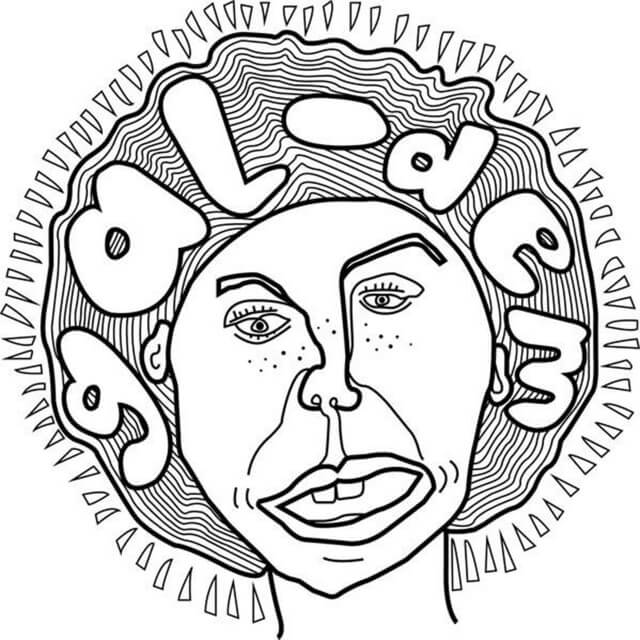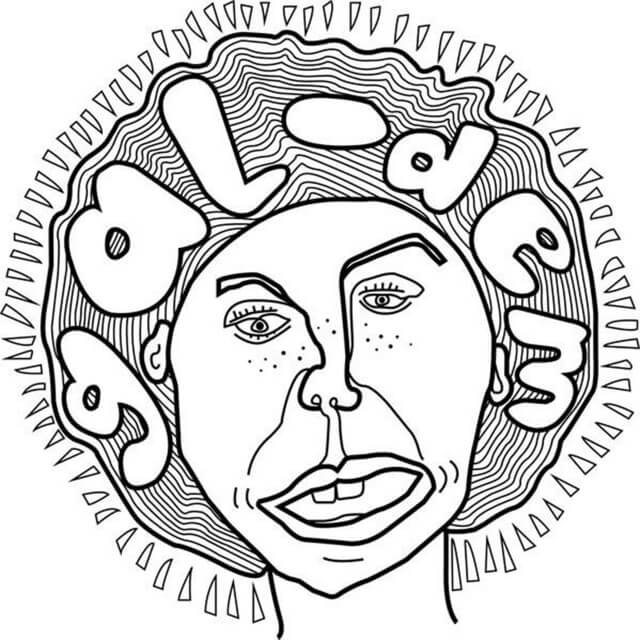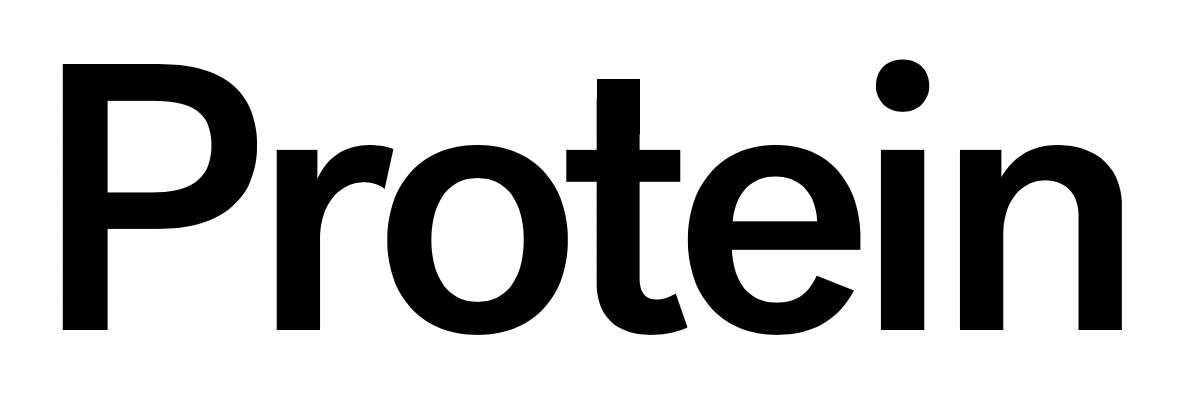Introducing Online Magazine gal-dem
Online magazine gal-dem celebrates women of colour while affording them a space to discuss the issues that matter to them most.


Online magazine gal-dem celebrates women of colour while affording them a space to discuss the issues that matter to them most.
Women’s self-published zines are emerging as one the most creative and immediate forms of communication for the modern female writer. Unburdened by the conventions adhered to by established magazines, they offer contributors the chance to say what they want, how they want.
gal-dem, an online magazine run out of London and Bristol that supports the creative work of women of colour - while allowing them a platform to speak on common issues they face- was launched by Liv Little just under six months ago, and has grown exponentially since.
The publication, which is staffed by 15 regular writers and over 60 irregular contributors, was launched due to Liv’s growing exasperation at the lack of diversity in her university. “It really stemmed from frustrations that emerged whilst studying in an elite academic institution. I study Politics and Sociology, and up until second year I was only being taught about important issues in a monolithic, Eurocentric manner. My experience in feeling isolated, frustrated and just plain over it, are things which lots of the women of colour, and people of colour I've come into contact with over the last years have expressed.”
It’s no secret that mainstream media grossly underrepresents women of colour, and it could be argued that the modern feminist movement operates similarly. Issues faced by non-white women are distinctly separate, yet rarely afforded their own space or recognition. gal-dem provides this.

Long term, Liv and her cohort of diverse contributors would very much to cultivate the magazine further. “Post graduation, I'm going to be focusing on gal-dem properly, taking the year off the grow it, and invest the time and energy which it deserves.”
Banana is another independent publication attempting to bring about further understanding of the experiences and issues faced by minorities. Read more about it here.



Discussion